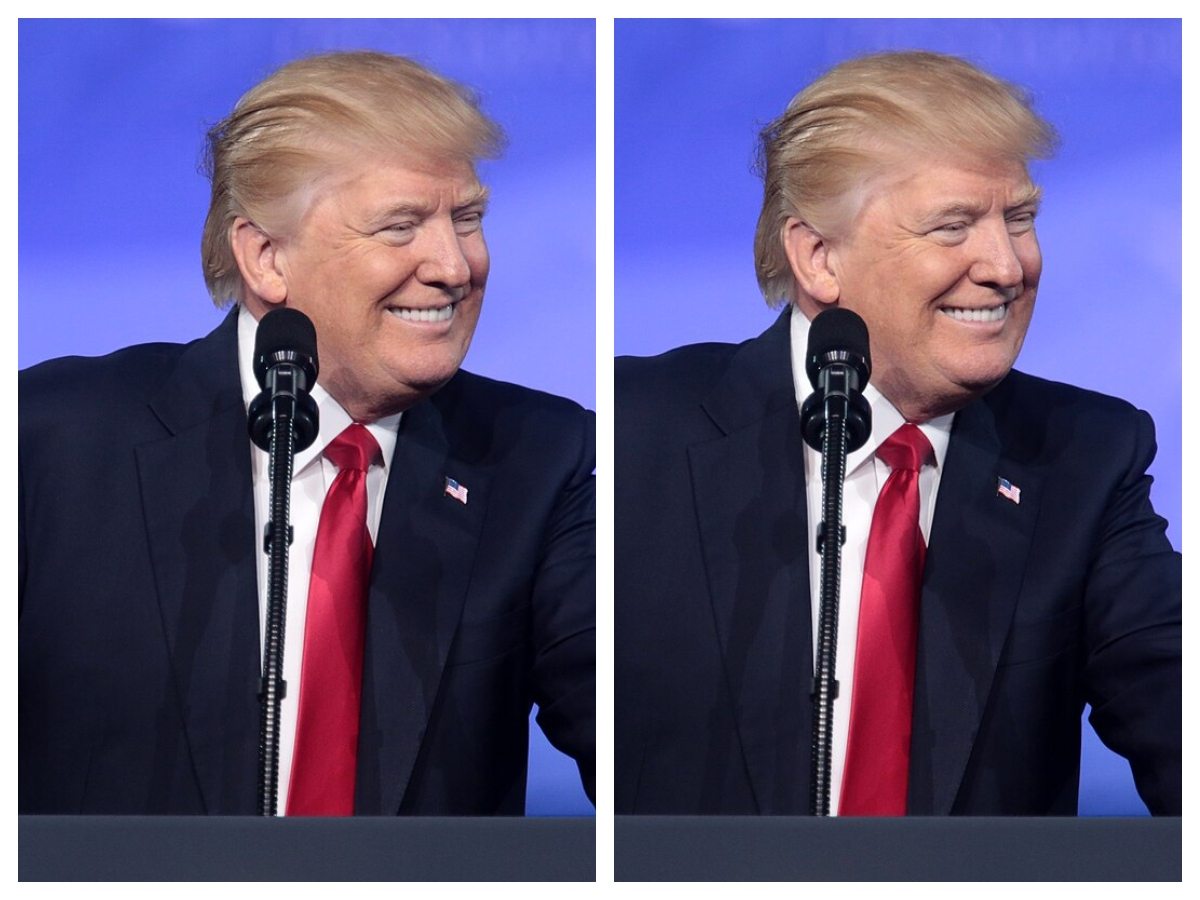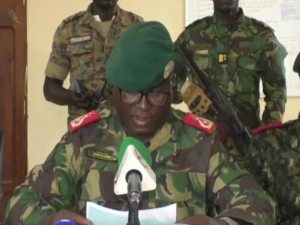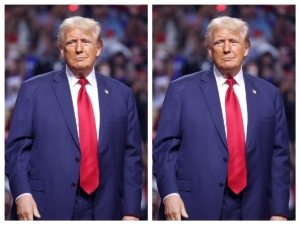Georgia’s long-running election interference prosecution against President Donald Trump has come to an end, closing the final courtroom attempt to hold him accountable for efforts to undo his 2020 defeat. The case collapsed on Wednesday after the special prosecutor assigned to replace disqualified District Attorney Fani Willis announced he would not pursue the charges.
Pete Skandalakis, who leads the Prosecuting Attorneys’ Council of Georgia, assumed responsibility for the case earlier this month following Willis’ removal. Her ouster stemmed from what a judge called an appearance of impropriety related to her past relationship with the special prosecutor she had appointed. Once Skandalakis formally stated he would not continue the prosecution, Fulton County Superior Court Judge Scott McAfee issued an order terminating the case in full.
Willis’ inquiry began nearly five years ago, launched with the intention of examining whether Trump or his allies illegally sought to influence the state’s 2020 results. Central to her probe was the Jan. 2, 2021, phone conversation in which Trump urged Georgia’s secretary of state to help him locate enough votes to reverse his loss.
READ ALSO: Georgia Election Case: Prosecutor Fani Willis removed from Trump and co-defendants’ trial
The Georgia indictment had been the broadest of four criminal cases Trump faced in 2023. Its size and complexity made it a heavy lift, particularly after Willis was removed. Other prosecutors who were approached declined to take it on.
The decision to shut down the prosecution marks another moment in which Trump has emerged largely untouched by cases that once threatened both his liberty and political prospects. Former special counsel Jack Smith abandoned two federal prosecutions after Trump returned to the White House, citing Justice Department policy that bars indicting a sitting president. In New York, although Trump was convicted on felony charges tied to 2016 hush money payments, he received an unconditional discharge in January.
While Trump cannot be prosecuted while serving as president, fourteen co-defendants still faced charges, according to AP’s report. Those included former New York mayor Rudy Giuliani and former White House chief of staff Mark Meadows.
Trump’s attorney in Georgia, Steve Sadow, issued a celebratory response, saying, “The political persecution of President Trump by disqualified DA Fani Willis is finally over. This case should never have been brought. A fair and impartial prosecutor has put an end to this lawfare.” Trump echoed that sentiment online, declaring, “LAW and JUSTICE have prevailed in the Great State of Georgia, as the corrupt Fani Willis Witch Hunt against me, and other Great American Patriots, has been DISMISSED in its entirety.”
In his filing, Skandalakis argued that the most prosecutable effort to challenge the 2020 results had already been handled federally. “The strongest and most prosecutable case against those seeking to overturn the 2020 Presidential election results and prevent the certification of those votes was the one investigated and indicted by Special Counsel Jack Smith,” he wrote. He added that the conduct described in the Georgia indictment “was conceived in Washington, D.C., not the State of Georgia. The federal government is the appropriate venue for this prosecution, not the State of Georgia.”
READ ALSO: Refugees anxious as Trump administration plans to recheck all Biden-era admissions
Skandalakis emphasized that his review was conducted with full awareness of the seriousness with which many citizens regard the events at issue. He acknowledged both their concerns and the weight of his decision. Though he described the alleged facts as compelling and suggestive of a coordinated effort to overturn the election, he outlined why he declined to move ahead.
He cited legal complexities surrounding the prosecution of a sitting president and projected that even if prosecutors prevailed in every pretrial dispute, a trial might not begin until 2029 or later. He also considered separating the remaining defendants for individual trials but dismissed the idea because Trump was the central figure. Splintering the case, he wrote, would be “illogical and unduly burdensome and costly.”
After the Georgia Supreme Court declined to intervene in Willis’ removal in September, it became the council’s responsibility to appoint a new prosecutor. Several declined before Skandalakis took the assignment himself. He has led the nonpartisan council since 2018 and spent twenty-five years as a district attorney in the Coweta Judicial Circuit. He noted in his filing that he has run for office as both a Democrat and a Republican.
Willis, who is a Democrat, announced the sweeping indictment in August 2023 using Georgia’s anti-racketeering statute. Four defendants reached plea deals in the months that followed.
Her removal stemmed from revelations that she had been in a romantic relationship with Nathan Wade, the special prosecutor she brought onto the case. Though Willis and Wade disputed that the relationship created a conflict of interest, the judge criticized Willis for what he called a tremendous lapse in judgment. He allowed her to remain only if Wade stepped aside, which he did that same day.
Defense attorneys challenged that ruling, and in December 2024 the Georgia Court of Appeals disqualified Willis entirely. The state Supreme Court later allowed that decision to stand, clearing the way for the case to be reassigned and ultimately dismissed.










